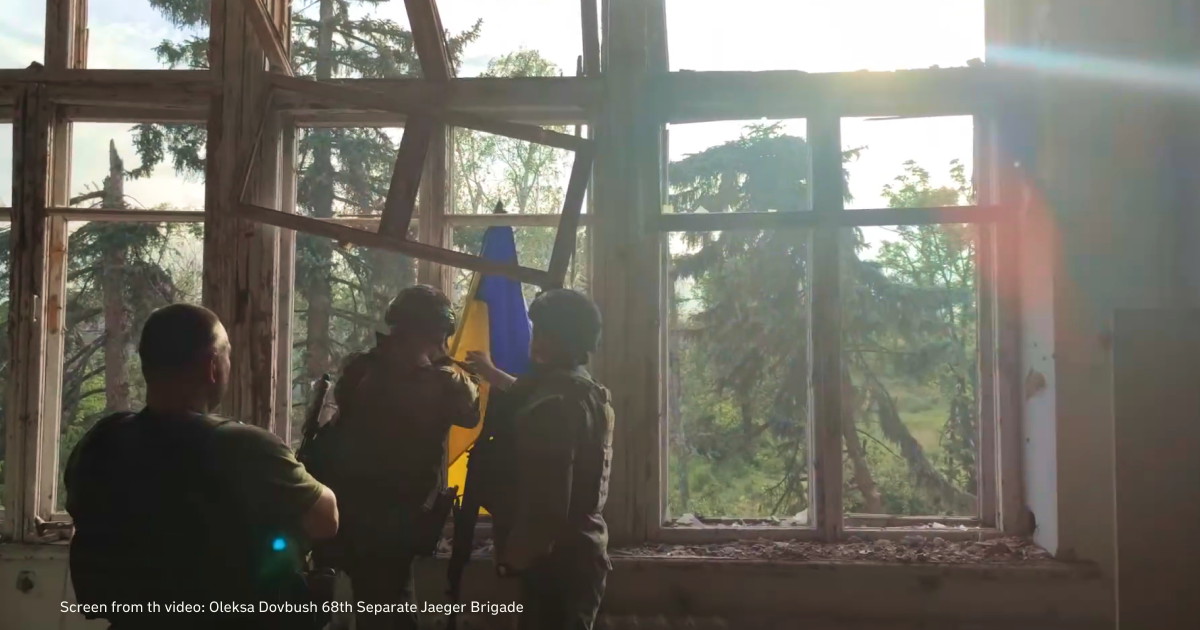"The Russian tanker started shooting everywhere. He raised the tank muzzle and said: "I give you 24 hours to leave the village so that no one is here": a story from the Kherson region
Mariia Biliakova
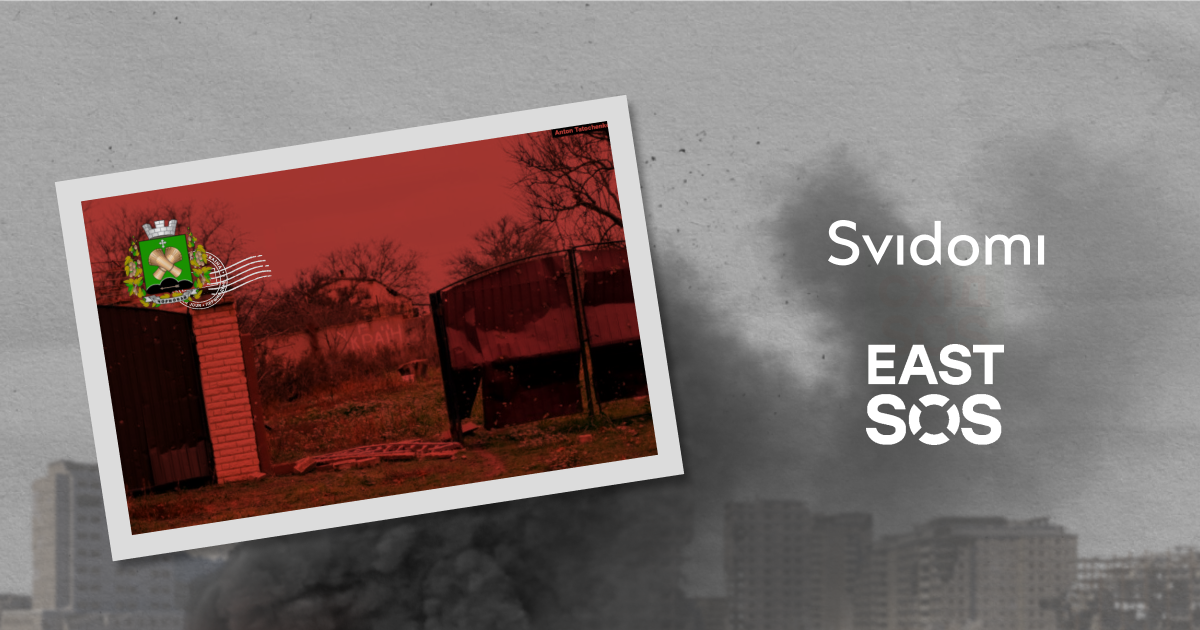
This is the story of Slobodianiuk Vadym, who lives in the village of Blahodatne in the Kherson region, near the famous Chornobaivka. The man works as a security guard at a school, and his wife, Inna, is a primary school teacher.
Since 2014, the East SOS charitable foundation has been collecting information about war crimes committed by Russians to ensure justice and the right to truth. The story of Vadym Slobodianiuk was recorded by Tetiana Petrova, and the text was written by Mariia Biliakova.
Below is the first-person narrative.
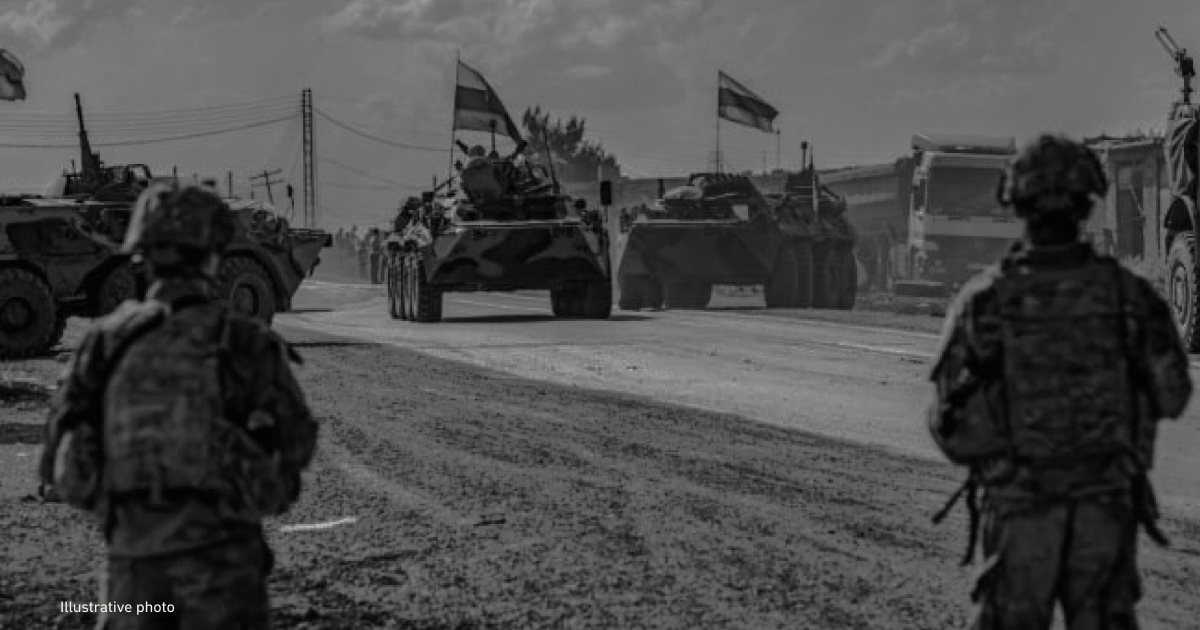
I am from the village of Blahodatne in the Kherson region. I work as a school security guard, and my wife is a teacher. We had never left our village during the occupation and had been living here for eight and a half months until the liberation in the autumn of 2022.
We saw the first Russian soldier on February 26, when they were passing by the village near the railway towards Mykolaiv because Ukrainians defeated their convoy from a helicopter. One of my fellow villagers even captured three Russian soldiers and handed them over to the Security Service of Ukraine.
Ukrainian troops withdrew closer to Mykolaiv, and the Russians entered the village on March 5-6. They settled in a former state farm car park, captured several local men and forced them to load their injured soldiers.
During the first days, my wife, two other school employees and I tried to save the school property. We managed to take out school documents, including employment records and some office equipment. But we didn't manage to get anything else because it was impossible to move around the village unnoticed. The Russian soldiers were patrolling the streets.
My wife took the flag from the school right under their noses and hid it. There were a lot of stands with Ukrainian symbols, so they (the Russians — ed.) broke all of them.
Later, we found out that those soldiers were from Russian intelligence. They were driving around the streets. If locals went out, they (the Russians — ed.) pointed a machine gun at them or beat them and asked: "Why are you walking out? Do you have a weapon?"
We live at the entrance to the village. They (the Russians — ed.) also came to us when they were looking for weapons and a person adjusting fire on them.
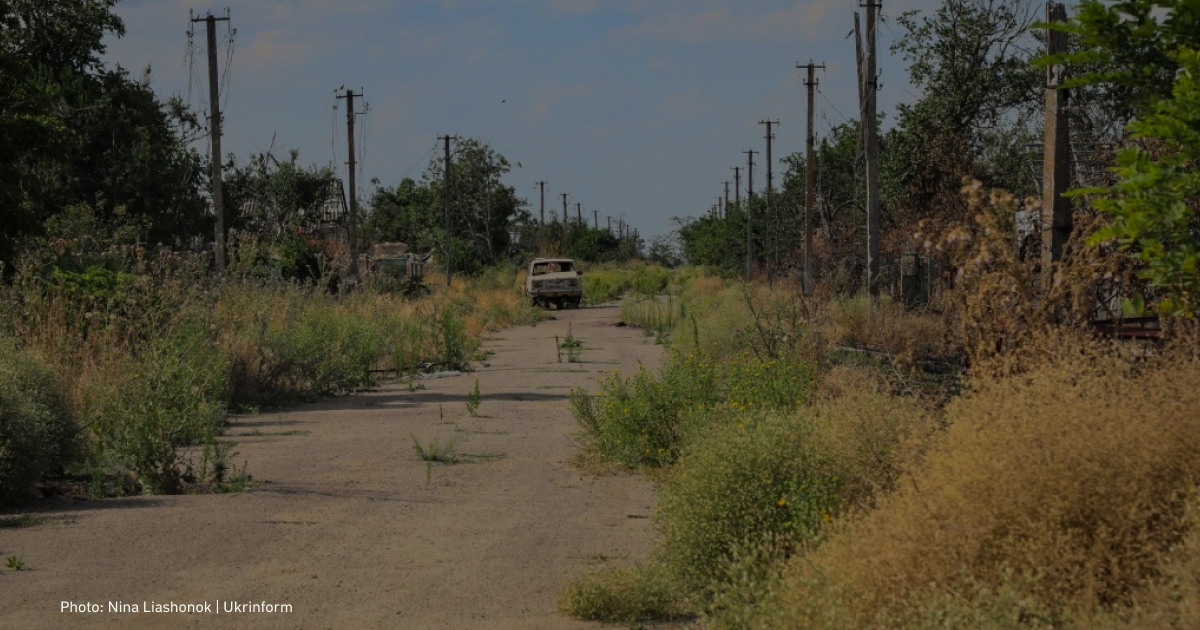
Once, in April, a Russian tank drove into the village, and the tanker started shooting his machine gun everywhere. He was drunk. He came to the centre of the village, raised the tank muzzle and said: "I give you 24 hours to leave the village so that no one is here". It is unknown what happened next, but there were no reports of casualties.
The Russians forbade the locals to walk near the railway and the irrigation canal because they were building their fortifications there. They also installed communication jammers. So, there was almost no communication in the village. It was possible to get some communication signal only near their (the Russians — ed.) positions and on the second floor or in the attic of the two-storey houses.
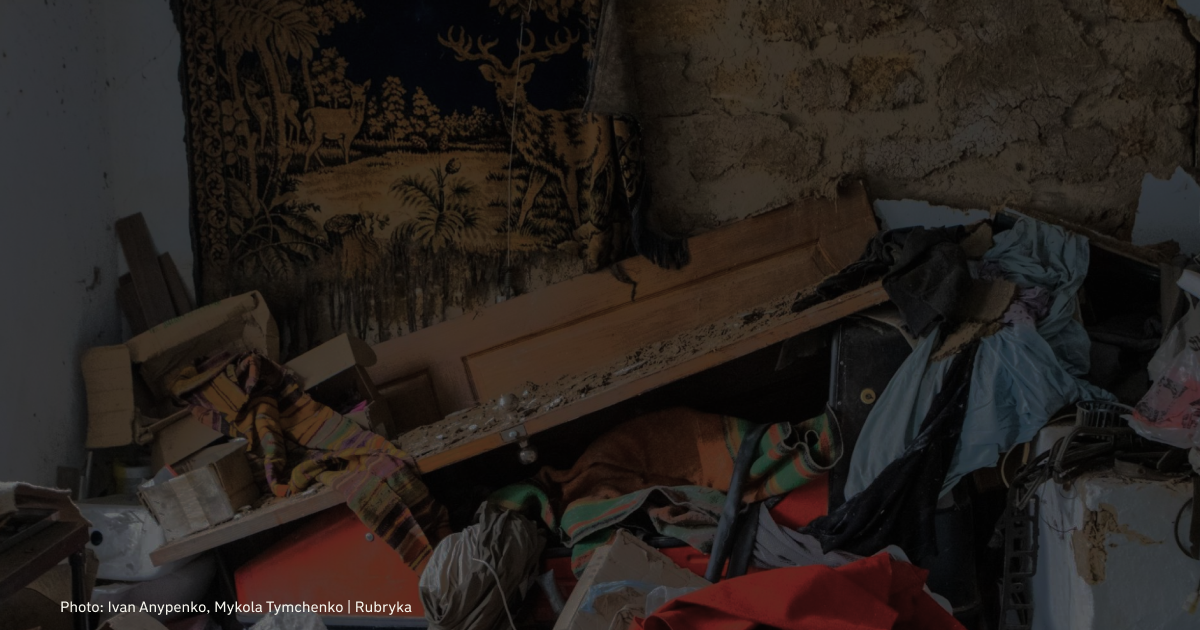
However, the villagers kept going there just to watch. One day, Russian soldiers came there on a Patriot and started shooting. My fellow villager was riding his bike and wanted to see what was happening. The Russians squashed his bike and told him that the next time, they would do the same to him. Later, two civilians were walking nearby, and the Russians shot them dead.
Interruptions in food supplies began. Our school principal stayed in occupied Kherson. When the terminals were still operating, our relatives sent her (school principal — ed.) money to the card, and she bought pasta, sugar, and cereals and sent them as parcels. And those locals, who sometimes left the village to go to the city, brought these parcels with food to them.
We had no drinking water since the beginning of March 2022, when the electricity supply was cut off due to the shelling.
Everything in our water tower is powered by electricity, so we could not pump water from it. We used to take water from the wells (the water that we used to give to the cattle). We drank it, cooked food with it, and did laundry. But later, someone poured chlorine into that water, and it became impossible to drink it. Once, we got drinking water thanks to my daughter, who reached the head of the Chornobaivka ATC (amalgamated territorial community — ed.). Our eldest daughter lives in Odesa, and I was in touch with her.
Later, our school principal helped us buy a generator and a pump in Kherson, so we managed to pump water from the well.
Some of my fellow villagers tried to pass on the coordinates of the Russian positions by phone, and then the FSB started searching for "fire adjusters" in the village. That was the way how they took two of my friends away in an unknown direction and shot dead another one.
The Russians used to shell the village with mortars to frighten the local "adjusters".
My parents refused to leave the village, even though my brother and I repeatedly asked them to do so. My mother always went to the cellar to hide during the shelling. However, my father was often too lazy to come down. On the day of the shelling, he decided to go down, but a mine fragment hit him right at the entrance to the cellar, and he died.
The third shelling took place on August 28. My mother was preparing a commemorative dinner for the 40th day since my father's death. At about seven in the evening, there was a whistle and an explosion. I live just across the street. Suddenly I heard my neighbour's scream. We ran there and pulled my mother out from under the slate, but she was already dead.
But we survived! And when we saw the Ukrainian military, we cried.
